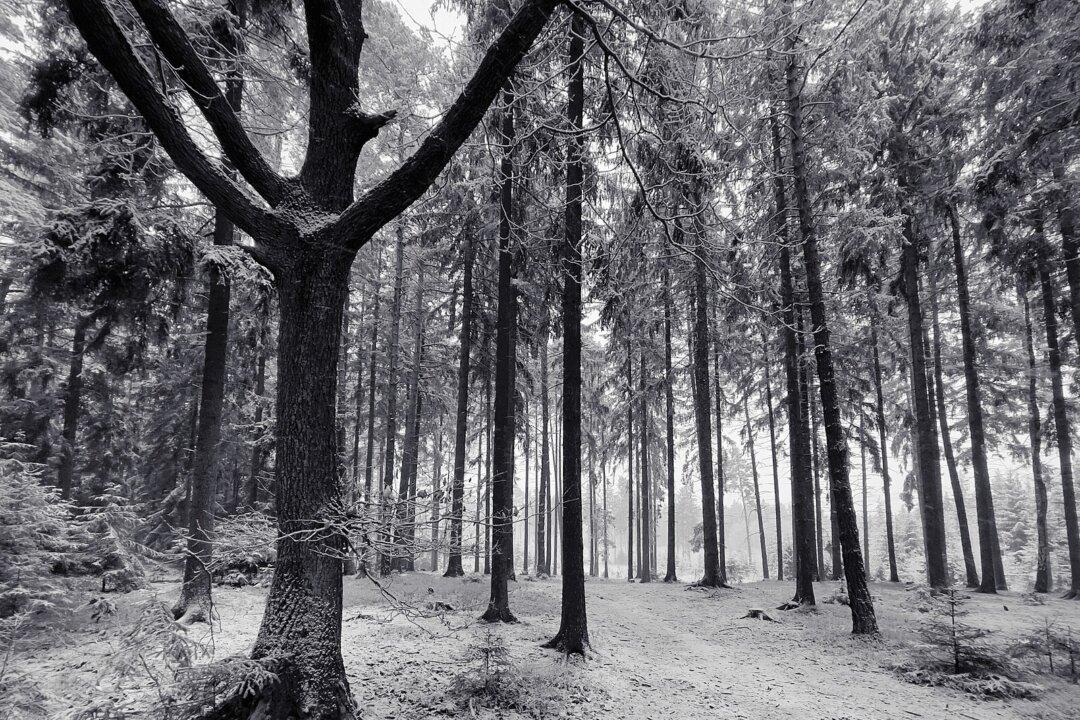I leant upon a coppice gate When Frost was spectre-grey, And Winter’s dregs made desolate The weakening eye of day. The tangled bine-stems scored the sky Like strings of broken lyres, And all mankind that haunted nigh Had sought their household fires.
The land’s sharp features seemed to be The Century’s corpse outleant, His crypt the cloudy canopy, The wind his death-lament. The ancient pulse of germ and birth Was shrunken hard and dry, And every spirit upon earth Seemed fervourless as I.
At once a voice arose among The bleak twigs overhead In a full-hearted evensong Of joy illimited; An aged thrush, frail, gaunt, and small, In blast-beruffled plume, Had chosen thus to fling his soul Upon the growing gloom.
So little cause for carolings Of such ecstatic sound Was written on terrestrial things Afar or nigh around, That I could think there trembled through His happy good-night air Some blessed Hope, whereof he knew And I was unaware.
Novelist and poet Thomas Hardy published this ode in 1900 as a reflection upon the turn of the century. Wrapped in solitude and scraped by the wind’s talons, the poem’s speaker looks out on winter’s lonesome desolation and seems to see in it a metaphor for the decline of the century, the decline of poetry, and perhaps the decline of civilization itself.But an unexpected turn halfway through the poem introduces a note of hope.






